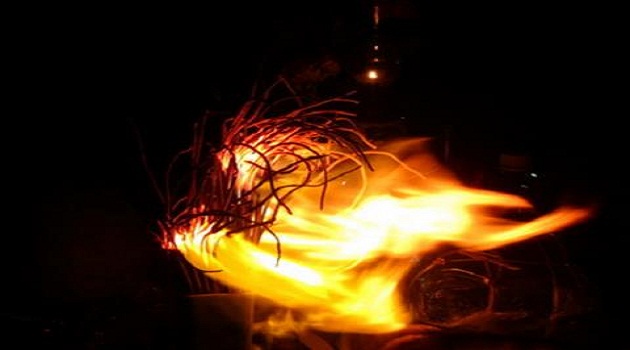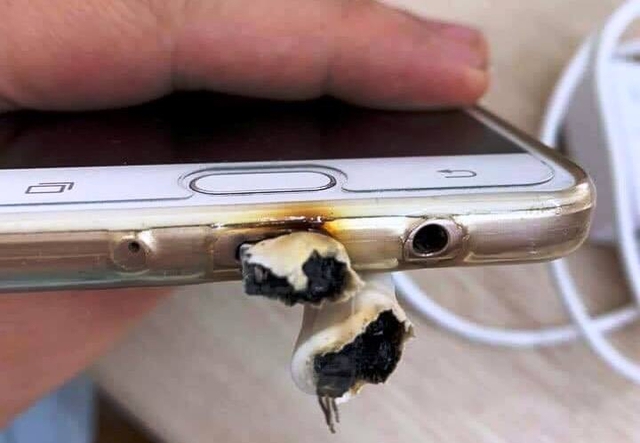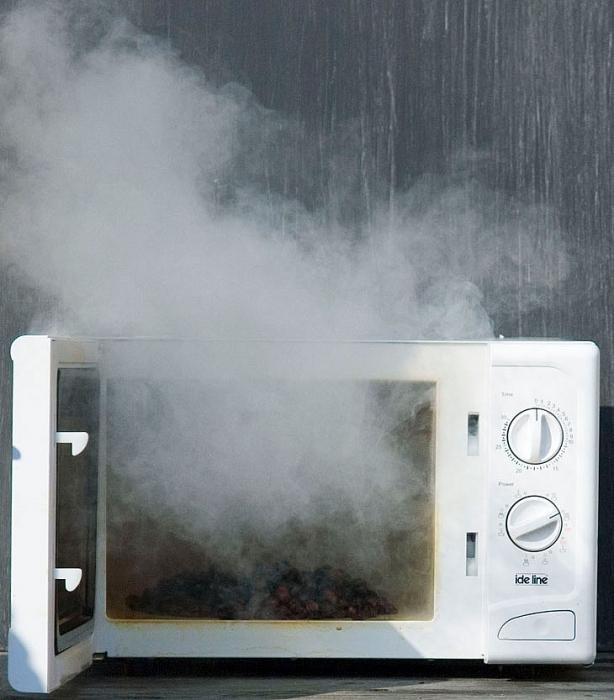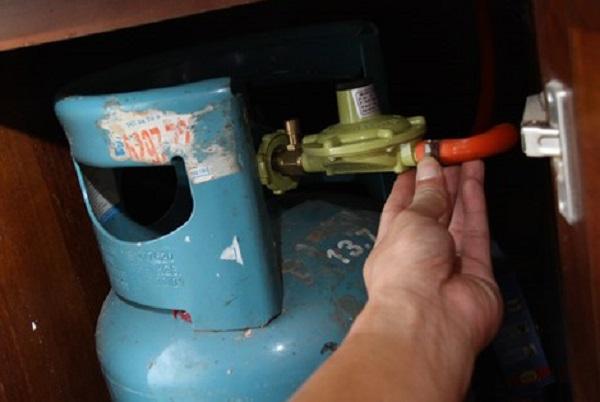Electrical fires have been a common occurrence, often due to short circuits. For safety, whether in a house, apartment, or mini-apartment, the electrical system must be appropriately designed with suitable capacity for each floor, area, and separate equipment cluster. The Vietnam Electricity Corporation advises residents to turn off appliances when not in use and avoid overnight charging. Regular maintenance of the electrical system is crucial, and any abnormalities should be inspected, repaired, or replaced promptly.
Small objects within the home can pose a fire hazard:
Cup-shaped candles
Cup-shaped candles used for lighting or worship can easily break due to heat, causing the melted wax to spill and ignite. If using candles, opt for stick candles (placed in a bowl) or solid candles. Always supervise lit candles, and never leave them unattended.
Excessive incense sticks

Some people leave electric worship items, oil lamps, or worship candles burning overnight. They may also place a large amount of gold-covered paper and incense sticks on the altar, believing it brings good fortune. However, these practices can lead to fire hazards. If the burning incense comes into contact with the remaining incense sticks, it can cause them to catch fire.
Power banks

Mobile phones have become indispensable to many people, and some have the habit of using and charging their devices simultaneously or leaving them charging overnight. However, according to PGS.TS Nguyen Truong Luyen, a former official at the Institute of Technical Physics (Hanoi University of Science and Technology), over time, power banks can become overloaded or fail to meet standards, leading to swelling. Lithium-ion batteries can quickly heat up and cause fires or explosions if they exceed their limits. Direct exposure of lithium to the air can also increase the risk of fire and explosion.
Lighter
Lighters are often carelessly left lying around the house, unaware of the potential danger they pose. Lighters contain a certain amount of gas, and if there is a leak and exposure to a high enough temperature or spark, it can explode.
Microwave oven

While microwave ovens themselves are not prone to explosions, improper use can lead to this outcome. One of the most common mistakes is placing metal or embossed food containers in the microwave, creating electric sparks and potentially causing an explosion.
Gas stove and gas cylinder
It is essential to use genuine gas stove parts, such as pressure regulators, pipes, and gasket joints, and to regularly inspect, maintain, and replace them if necessary. Always turn off the stove and close the cylinder valve after cooking. If you suspect a gas leak, do not turn on or off any electrical appliances, and do not bring open flames, candles, or lamps into the area. Use a flashlight to close the cylinder valve first, then open all the doors and windows to ventilate the space. Once the gas smell has dissipated, you can enter and inspect the gas system and stove for repairs.

Additionally, when purchasing gas, it is important to choose a reputable dealer and pay attention to the attitude and behavior of the delivery person. There have been cases of gas explosions causing fatalities due to illegal practices, such as puncturing the gas pipe or pressure regulator to increase profits, or failing to advise on the replacement of damaged gaskets and clamps, which can lead to unsafe installations.



































